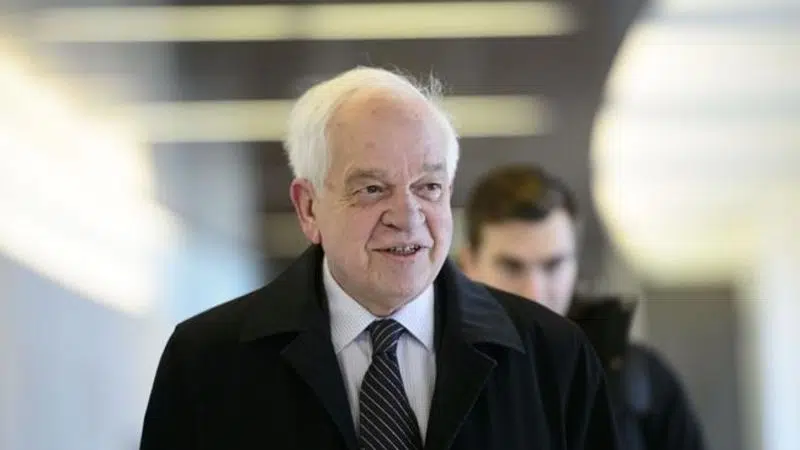
‘Debacle’ with China latest foreign policy flub for Trudeau, says Scheer
OTTAWA — The “debacle” over the firing of Canada’s ambassador to China is the latest in a string of foreign-policy failures for the prime minister, Conservative Leader Andrew Scheer charged on Monday.
Scheer also cited Prime Minister Justin Trudeau’s controversial photo-op-filled trip to India last winter, said Trudeau made “concession after concession” on the trade front to U.S. President Donald Trump, and frustrated Japan and Australia when Canada didn’t immediately sign on to a rebooted Trans-Pacific Partnership in late 2017.
“It’s clear that the prime minister’s foreign policy is a disaster and Canadians are paying for his mistakes,” Scheer said in the first question of the government in the newly constructed House of Commons in the West Block of Parliament Hill.


